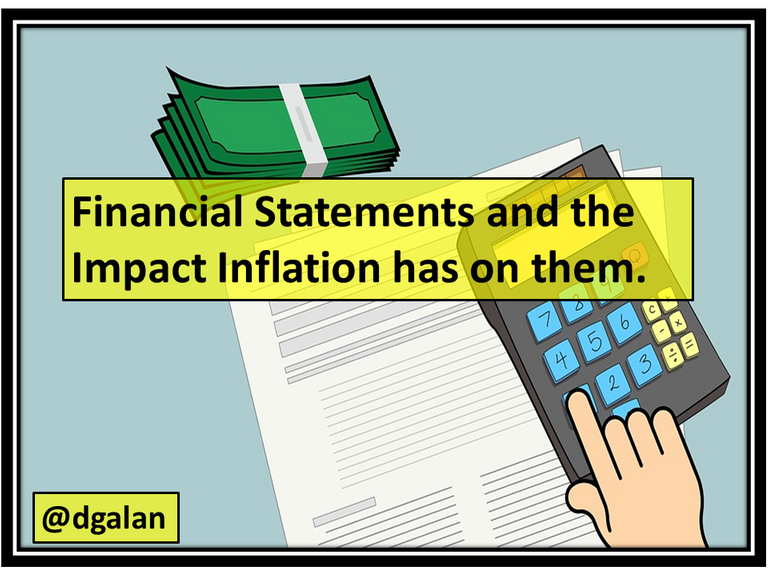Written by:Diomer Antonio Galán Rincón.
Bachelor's Degree.Public Accounting / MSc.Science of Higher Education.

Author: @dgalan, using the Power Point 2010 tool, with public domain images from Pixabay's website. .
Currently, the Venezuelan economy is characterized by a strong competition that is constantly changing and modernizing, mainly in the private sector. This situation is a reality that affects all types of companies, regardless of the sector of the economy and the productive activity they perform.
This has resulted in the need for organizations to increase their administrative and productive controls, seeking to increase their competitiveness and positioning in relation to the opening of foreign markets with the presence of various or multiple scenarios aimed at globalization.
It should be mentioned that this adverse indicator for the economy is not only caused by a government system. It should be mentioned that this adverse indicator for the economy is not only caused by a government system, but also by the fact that during the past years no strategies were implemented in the different monetary policies that could stop or control the advance of the inflationary phenomenon, that is to say that past events have caused several factors that generate the uncontrolled increase of prices, lack of production and inorganic money.

Image taken from:Pixabay
Today, the economy is presumed to be low and unstable in all areas related to the country's economy. According to Molina (2006) "the inflationary process in Venezuela affects the figures presented in the financial statements, creating distortions".
It is important to note that the financial statements of a company are the reports that show the results obtained as a consequence of the business transactions carried out in each fiscal year, representing the economic situation of the company.
The financial statements fulfill the function of disclosing the situation and the financial results of the economic activity carried out by the company, which serve as a basis for decision making in order to respond to the needs or vicissitudes that may arise.
In this sense, the analysis of the financial statements becomes valuable because it allows managers, employees and investors to obtain objective, truthful and timely information, with which they can determine the value of the assets (goods), liabilities (debts and/or obligations) and equity (capital) of the company, thus being able to make future projections on the capital they have, and at the same time make a correct planning of the investment of resources and an adequate administration of their expenses.
Therefore, considering its analysis in the inflationary process is of vital importance, since it will be possible to obtain real information on the assets, otherwise the financial and accounting information would lack reliability, making it almost impossible to compare it between periods.

Image taken from:Pixabay
In other words, the adjustment for inflation is nothing more than a necessary tool that leads to give the real value to the assets through the restatement of the accounting information so that the businessman has a real and not a fictitious relationship.
It is worth mentioning that no entity escapes the inflationary phenomenon that has been affecting all Venezuelan companies in recent years, since inflation is an indicator that has been increasing progressively and that has no date of culmination or improvement, due to the fact that the monetary value has been devaluated by the increase of inflation, especially in monetary items.
Therefore, it causes a loss in the purchasing power which generates a great impact on the economy of commerce, especially on the patrimony of the companies, since it is possible to observe a decrease in the yield of their investment, making it more and more difficult for the businessman to recover the capital.
I hope you like my article and I would appreciate all your comments.